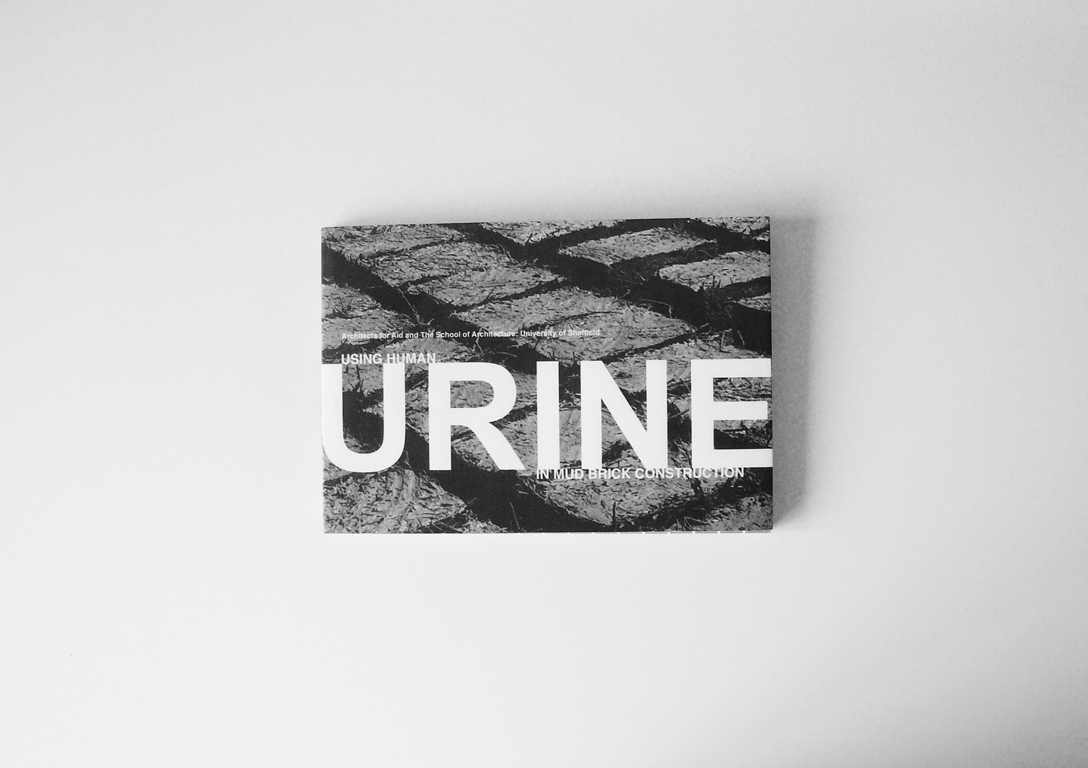
Year | 2009
Location | Sheffield, UK
Client | Article 25
In conjunction with the University of Sheffield School of Architecture and Professor Jeremy Till as part of the Live Projects series. The idea was born by CEO Victoria Harris following her attendance at a UNHABITAT conference discussing the problems of adequate shelter in the Darfur region of Sudan. Traditional earth bricks were not able to be used due to the lack of water available to bind them together into a permanent structure – any water available was required for short-term drinking. Dr Harris thought of using the water once the users had drunk it i.e. urine. Following extensive research by Professor Till and his team, urine was deemed to be an excellent binding agent, working better than water.
Millions of people have been displaced by over four years of conflict in the Sudan and are fleeing to temporary camps near Darfur’s main towns. To rebuild the destroyed villages would take far more timber than is avaible in the country, so alternative methods of semi-permanent accommodation is required until the refugees can return home.
Adobe construction is common to Subsaharan Africa, though the manufacture of mud bricks uses much water, of which there is barely enough to drink. Article 25 has asked us to research the use of urine as a possible binding agent in mud brick building.

